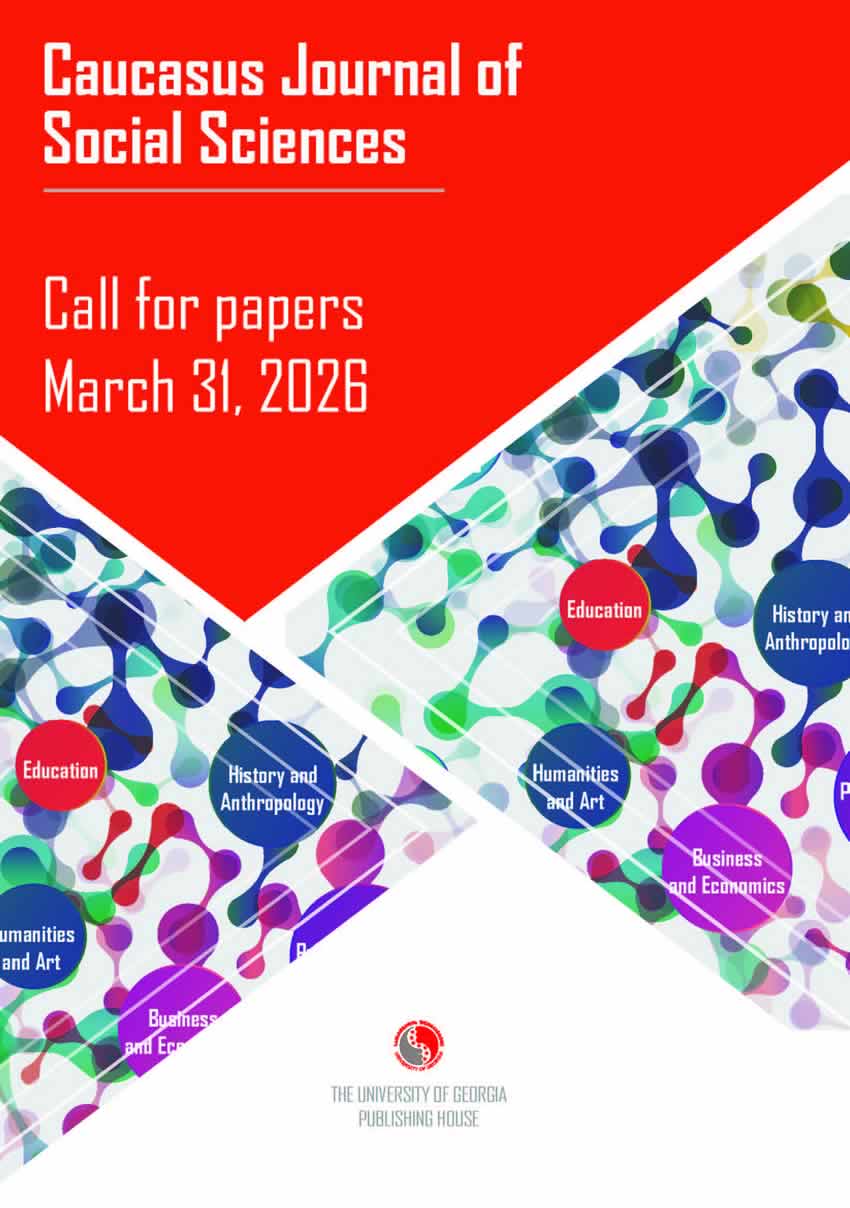The European Construction: A Project Without Obviousness
DOI:
https://doi.org/10.62343/cjss.2022.203Keywords:
Second World War, European Union, European StatesAbstract
Without any external or internal coercion, European states, at the end of the Second World War, decided to link their daily lives and even their destiny. The European Union, in continuity with the European Communities, is an ambitious political project, but above all, it is unique in the history of humanity. A quick review of the debates that have punctuated the stages of its construction shows that it is difficult, even illusory, to seek “objective” and indisputable origins or justifications for this political confederation: the “roots,” the national or regional histories, are juxtaposed without always being articulated, the naturalness of the borders does not stand up to analysis, the languages and cultures are infinitely diverse, the traditions, cultures and political organizations are, obviously, mul-tiple. Reuniting the supposed “European continent” was not, and still is not, in any way obvious: for this, a sufficiently solid and shared “why” is needed, or rather “whys”: a desire for dialogue, peace, and prosperity, then, after the fall of the Berlin Wall, a desire for the “return back” of the countries of Central Europe, in particular, “in” Europe, and assertions of identity that are more in need of confrontation and exchange than isolation.
Downloads
Published
How to Cite
Issue
Section
License

This work is licensed under a Creative Commons Attribution 4.0 International License.
In case an article is accepted for publication it is allowed to combine the article with other research, to conduct new research on the article, or to make different arrangements on condition that the same license is used including commercial purposes.
As an author of an article published in the Caucasus Journal of Social Sciences, you retain the copyright of your article and you are free to reproduce and disseminate your work.











